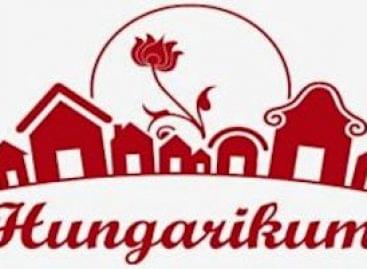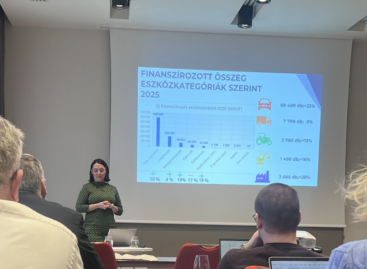Migrant crisis may slow down the EU’s development
According to a forecast by GKI Economic Research Zrt., the migrant crisis will continue to cause a conflict between European Union member states and if decisions aren’t made swiftly, it may slow down the EU’s development. Despite this problem economic expectations are relatively optimistic in both Hungary and in the EU.
This year wages will increase by 4.5-5 percent and prices will grow by 1.7 percent in Hungary. The value of old age pensions won’t change and consumption is expected to grow by 2.5 percent. Investment-wise there will be a 5-percent drop, due to the fact that the influx of EU subsidies will come to an end. After the 3.7-percent growth in 2014, last year Hungary’s economy slowed down. No change is expected in 2016 as the willingness to invest is likely to remain at a low level in the business sector, and there will be a slowdown in the export expansion too. After zero inflation in 2015 there will be 1.7-percent inflation in Hungary.
The Central Bank of Hungary (MNB) will keep the Hungarian banking system’s leash tight, by this neutralising the positive effects of cutting the bank tax. This means there is no hope that commercial banks will start lending more to enterprises. GKI forecasts that the MNB won’t change the base rate until the end of 2016. One euro is expected to cost HUF 320 as an annual average.
Related news
At K&H AI implementation is coupled with knowledge development
🎧 Hallgasd a cikket: Lejátszás Szünet Folytatás Leállítás Nyelv: Auto…
Read more >Related news
The leasing market was able to grow last year in a stable environment
🎧 Hallgasd a cikket: Lejátszás Szünet Folytatás Leállítás Nyelv: Auto…
Read more >







